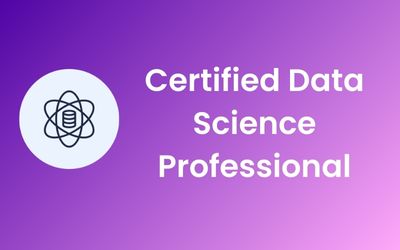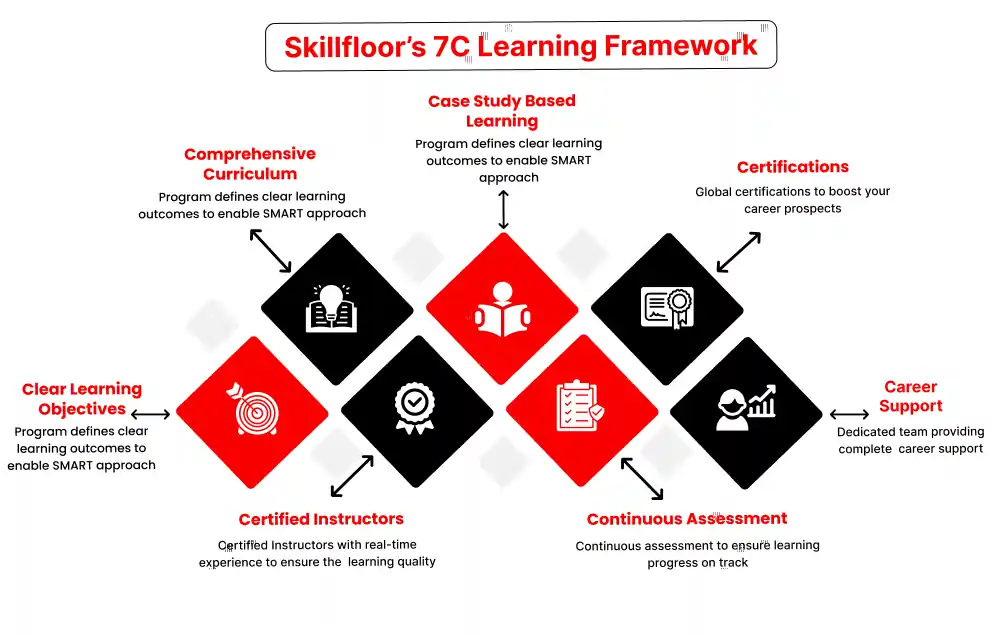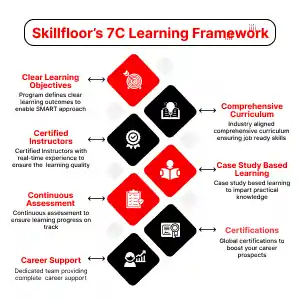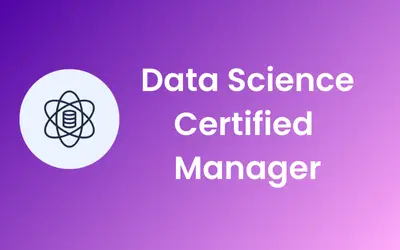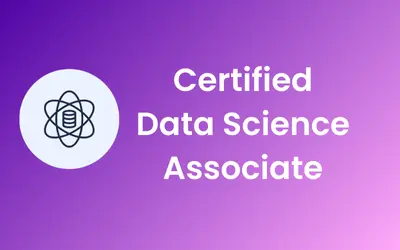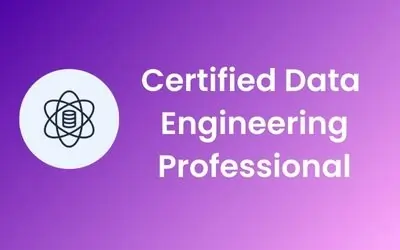Certified Data Science Professional
SF-DS-CDSP-1312
-

-
(2365 Reviews)
-
In-Demand Skills: Acquire essential data science skills, including data analysis, machine learning, and statistical modeling, to excel in a rapidly evolving field.
-
Career Opportunities: Open doors to diverse career paths in data science, analytics, and machine learning, with a strong emphasis on job readiness and industry relevance.
-
Internship Experience: Gain practical experience through internships, enabling you to apply your skills in real-world scenarios and enhance your resume for potential employers.
